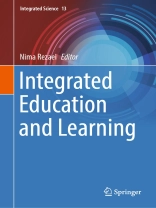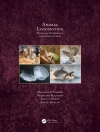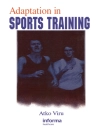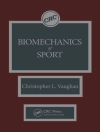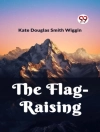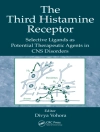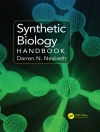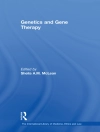Integrated Education and Learning aims to discuss novel approaches to offer integrated educational methods. Within the last few years, educational techniques have evolved to favour critical thinking and improve learning skills. This volume links thinking and learning in educational settings and discusses diverse mechanisms that influence this association; including meta-cognitive capacity, memory, cognitive style, conceptual approaches, digitalization, teaching approaches, echoing, and questioning. It embraces this discussion at all levels, from early childhood education to higher education. This book also includes teaching tips for creating a learning environment that cultivates students’ creativity and critical thinking on both online platforms and live-in-classroom. The book follows discussing the merits of an integrated educational paradigm that will help develop highly intellectual thinkers and will promote modern values to face current and future challenges. Finally, the bookshows a balance between learning and education to enhance creativity, critical thinking and social skills.
Innehållsförteckning
1. Introduction on Integrated Education and Learning.- 2. The Cognitive Semiotics of Pictorial Evolution and Development.- 3. Scientific Thinking: A Mindset for Everyone.- 4. Integrated Education.- 5. The Need to Cultivate More Linking in Learning to Promote More Effective Thinking.- 6. The Learning Society and the New Frontiers of Knowledge on the Web.- 7. Creative and Critical Thinking in Early Childhood.- 8. Development of Critical Thinking Skills through Science Learning.- 9. Constructivist Education: Highlighting the Role of the Native Language in Developing Learners’ Thinking.- 10. Thinking Extended Trans Level Based on Local Culture to Achieve Super-Smart People.- 11. Integrated Science Curriculum in the Unpredictable World.- 12. Thinking about Emotions in Education: Integrating the Transformation of Learning at School.- 13. Surprise and Story in Thinking and Learning and Their Absence from Mathematics Education.- 14. Storytelling: The Ancient Tool of Using Stories to Communicate Knowledge for a Sustainable Future.- 15. Unshackling Learning.- 16. Relevant Social Problems, Socially Alive Questions, and Gender in Social Science Teaching: A Conceptual and Methodological Review for the Development of Social Thinking Skills.- 17. Milestones of Bioeducational Approach in Mind, Brain, and Education Research.- 18. Critical Thinking for Teachers.- 19. Education of Integrated Science: Discussions on Importance and Teaching Approaches.- 20. Cultivating Thinking Skills in Education.- 21. Concept Mapping: A Tool for Adolescent Science Teachers to Improve Learning Activity Design.- 22. Measuring, Assessing and Evaluating Thinking Skills in Educational Settings: A Necessity for 21st century.- 23. Developing Computational Thinking Skills to Foster Student Research: Contemporary Scientific Education through Modeling and Simulations.- 24. Contemporary Artists’ Work: A Critique of the Possible in STEAM Education.- 25. Entrepreneurial STEM for Global Epidemics.- 26. Integrated Education and Learning 2050.
